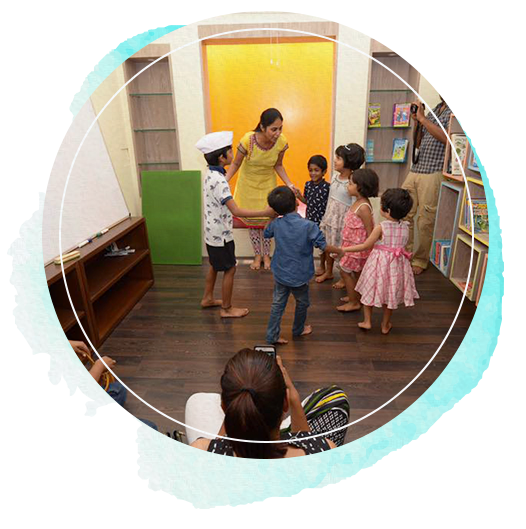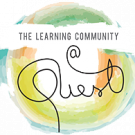Self-Directed
LEARNING
What is Self-Directed Learning?
SDL is a method of learning where the child takes the initiative to pursue an educational experience independently. They become responsible for the planning, implementation and evaluation of a learning project. They choose what to learn, how to learn, when to continue and when to end the project

The Learning Cycle
Children are guided through this process by following key stages — being ready to learn, setting learning goals and planning for the same, engaging in the learning process, and evaluating and reflecting their learning.
Set Goal
Plan: Develop a plan to achieve that goal.
Learn: Learn what you need to know.
Show: Show evidence of what you have learned.
Reflect: Reflect on the process.
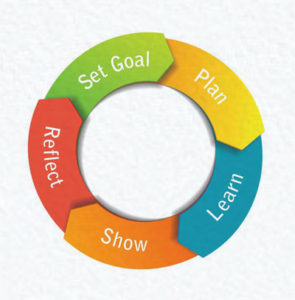
Step 1
Evaluation
A variety of skills and attitudes enhance a learner’s independent study. This step involves learners conducting a self-evaluation of their learning habits, support network at home and evaluating past experiences with independent learning.
Signs of readiness include being organised, self-disciplined, able to communicate effectively, and able to accept constructive feedback and engage in self-evaluation and self-reflection.
Step 2
Goal Setting
Communication of learning goals between the parent, learner and the mentor/facilitator is important as well. A clear contract between learners and instructors is required, which includes:
- Goals for the unit of study
- Structure and sequence of activities
- Timeline for completion of activities
- Details about resource materials for each goal
- Feedback and evaluation as each goal is completed
Step 3
Accomplishing
Learning Goals
Learners must be able to engage in self-reflection and self-evaluation of their learning goals and progress in an area of interest. They are encouraged to regularly consult with their mentors, seek feedback and engage in reflection of their progress.
Responsibilities
Both learners and advising facilitators/mentors must regularly review their roles and communicate as to whether each feels the other is fulfilling their share of the responsibility.
Learners’ roles
- Self-assess readiness to learn
- Define learning goals and develop a learning contract
- Monitor learning process
- Take initiative for all stages of the learning process
- Re-evaluate and alter goals as required during the learning journey
- Consult with mentors as required
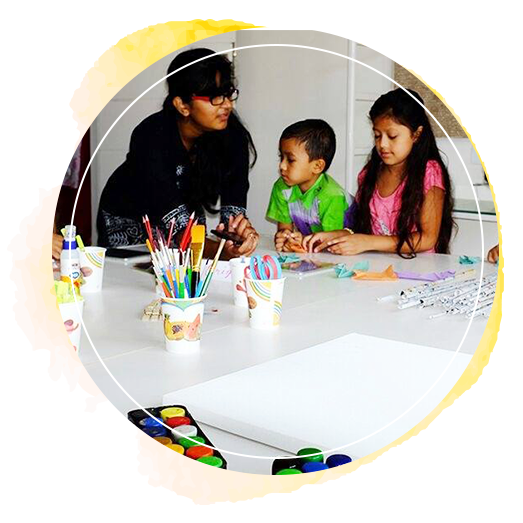
Mentors’ roles
“Watch your child’s eyes, what makes them go dull and dead, what makes them brighten, quicken, glow with light. That is where learning lies.”
-Blake Boles
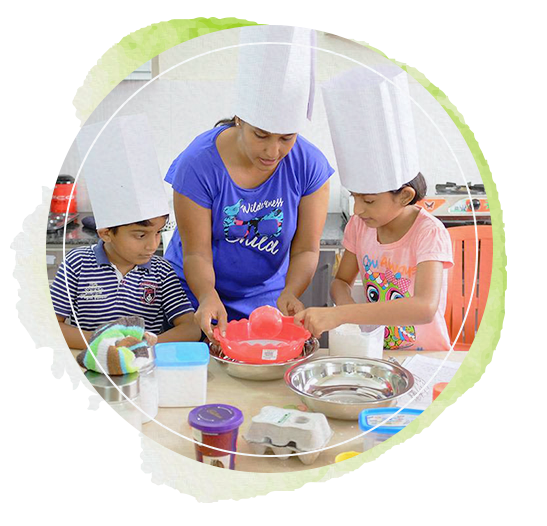
This is what our mentors strive to help you with:
- Build a co-operative learning environment
- Help motivate and guide the learners’ learning experience
- Facilitate learners’ initiatives for learning
- Be available for consultations during the learning process
- Help as an advisor rather than a formal instructor
Parents’ roles
The role of the parent is to provide the child with a supporting environment that fosters their natural curiosity. This includes facilitating the child’s learning requirements outside Quest as well. By staying updated with your child’s learning journey through their Journal on Breadcrumb: The Learning App, regularly meeting mentors to discuss your child’s learning goals and progress, and being transparent about your child’s abilities and needs would help your child’s learning immensely. Parents are also responsible for registering their children for the NIOS or IGCSE exams as private candidates.
